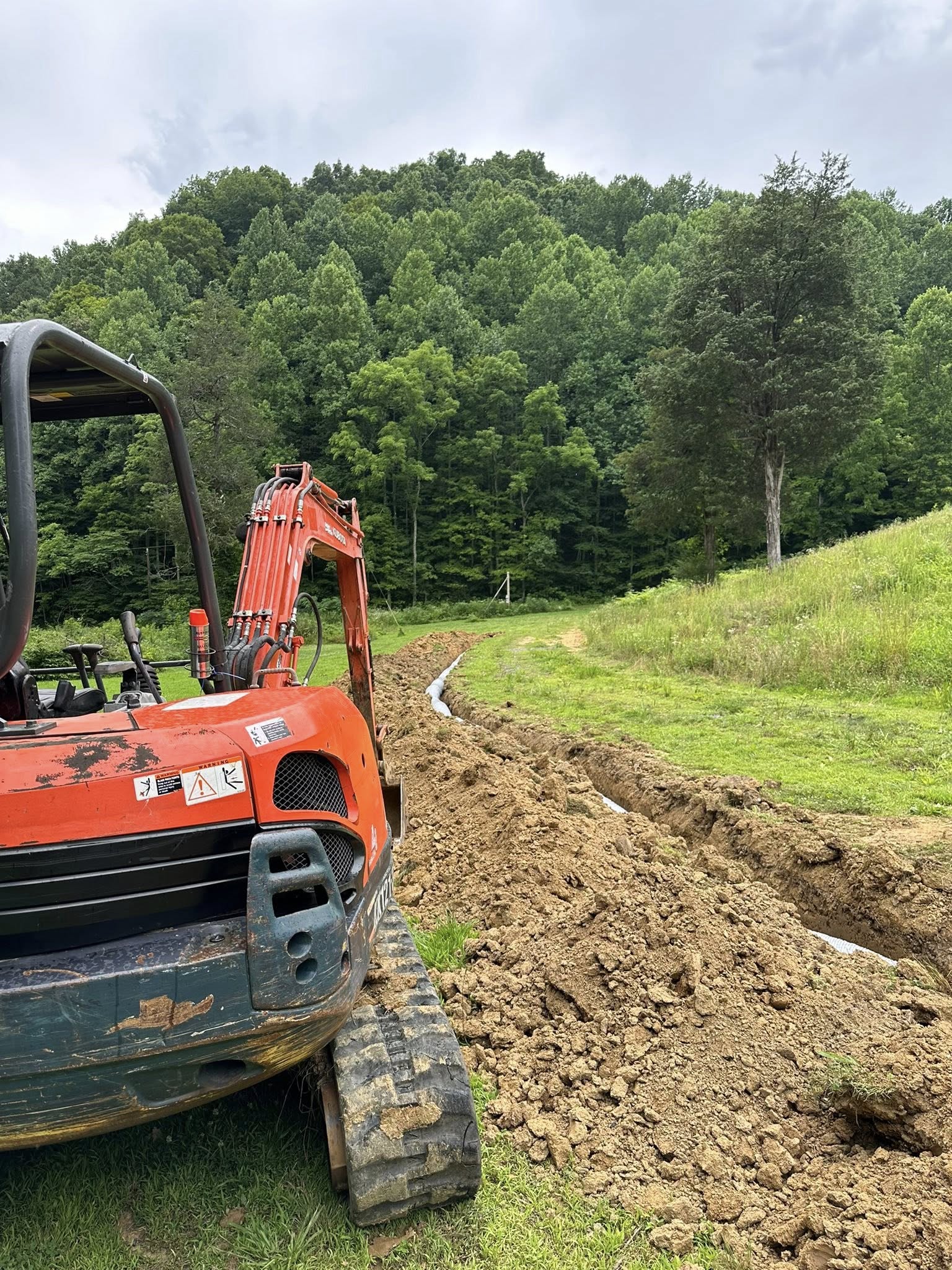
How Sustainable Excavation Practices are Shaping the Future Aug 23, 2025
Excavation plays a crucial role in construction, mining, and infrastructure development. Traditionally, these activities have had significant environmental impacts, including soil erosion, habitat destruction, and excessive carbon emissions. However, with growing environmental regulations and societal pressures, Excavation Innovations recognizes the importance of minimizing these negative impacts. Implementing sustainable excavation practices is no longer just an option but a necessity.
One of the key elements of sustainable excavation is minimizing the ecological footprint. This involves using advanced machinery that reduces energy consumption and emissions. For instance, hybrid and electric excavators are becoming increasingly popular due to their ability to perform robust tasks while generating less pollution. By investing in these innovations, companies like Excavation Innovations can reduce their carbon footprint, comply with environmental regulations, and set a standard for sustainability in the industry.
Additionally, sustainable excavation emphasizes the importance of resource reuse and recycling. Soil and rock extracted during construction are often treated as waste. However, these materials can be repurposed, reducing the need for new resources and minimizing landfill use. By recycling construction materials, excavation companies contribute to a circular economy where resources are reused rather than discarded, thus reducing environmental strain.
Moreover, sustainable practices involve careful site management to prevent damage to the surrounding environment. This includes measures like silt fencing and sedimentation basins to control erosion and prevent water contamination. Protecting local ecosystems during excavation is essential for maintaining biodiversity and the health of local communities. By employing these methods, Excavation Innovations not only preserves the natural landscape but also fosters goodwill among stakeholders.
Technology also plays a pivotal role in sustainable excavation. GPS technology and drones are increasingly used for precision excavation, which reduces the risk of over-digging and unnecessary disturbance to areas beyond the project's scope. These technologies enhance accuracy and efficiency, lowering costs and time while preserving the integrity of the natural environment.
Education and training are also vital components of sustainable excavation practices. By providing their workforce with proper training, companies like Excavation Innovations ensure that all employees understand and apply sustainable methods on site. This proactive approach to workforce education helps foster an internal culture of environmental responsibility and ensures the sustainability goals of the company are met consistently.
In conclusion, sustainable excavation practices are reshaping the future of the excavation industry by promoting environmental responsibility, reducing resource consumption, and protecting ecosystems. For Excavation Innovations, adopting these practices not only highlights their commitment to sustainability but also opens up opportunities for innovation and growth. By staying at the forefront of these changes, companies not only comply with regulations but also position themselves as industry leaders in sustainable development. As the demand for environmentally conscious construction continues to rise, sustainable excavation will be a defining factor in achieving long-term success and contributing to a healthier planet.
/filters:no_upscale()/media/14f0206d-8400-418b-9440-502974c65edd.jpeg)
/filters:no_upscale()/filters:format(webp)/media/7dc9553e-bef3-4839-b58c-c612218e67ef.jpeg)